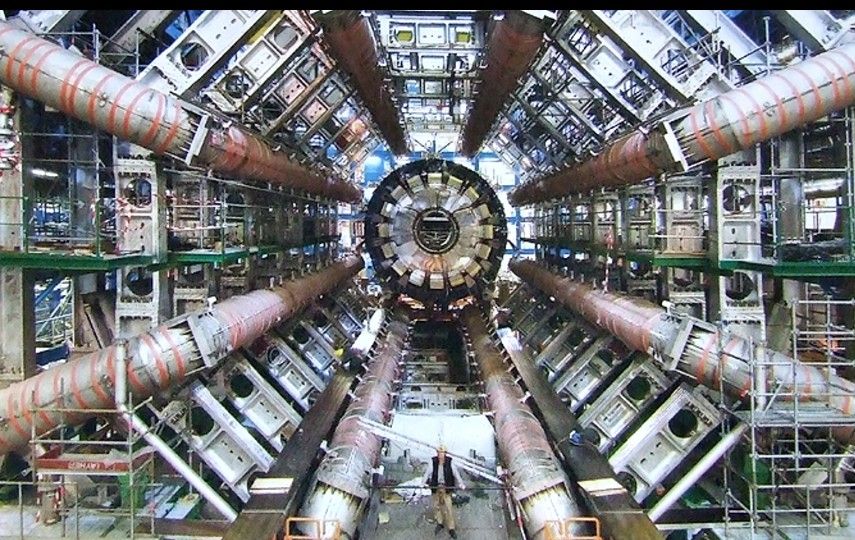Nov 8, 2011
Life expectancy and Fibonacci: Nature has designed us to live indefinitely
Posted by Marios Kyriazis in categories: biological, biotech/medical, complex systems, futurism
After studying tables of current life expectancy (life expectancy increase per decade, in years, based upon United States National Vital Statistics) I found embedded a virtually perfect Fibonacci sequence. A Fibonacci sequence is a series of numbers as follows: 0, 1, 1, 2, 3, 5, 8, 13, 21, 34, 55, 89, 144, 233, …etc, where each number is the sum of the previous two. See here for more details on the Fibonacci sequence: http://www.mathacademy.com/pr/prime/articles/fibonac/index.asp
To my knowledge, this has not been described before. This is important because, based on my ideas regarding Global Brain acting as a catalyst for promoting extreme human lifespans (http://hplusmagazine.com/2011/03/04/indefinite-lifespans-a-n…l-brain/), it may help us predict with some accuracy any dramatic increases in life expectancy. For example, the model predicts that the current maximum lifespan of 110–120 years will be increased to 175 in the next 20–30 years.
In simple terms, the fact that life expectancy increases in a certain manner, and this manner obeys deep-routed and universal natural laws, indicates that it may be possible to:
1. Predict life expectancy in the near future. Based on the Fibonacci sequence,
a 90 year old today, can expect to live another 5 years
a 95 year old can expect to live another 8 years
a 103 year old can expect to live another 13 years, then…
a 116 year old can expect to live another 21 years
a 137 year old would expect to live another 34 years
a 171 year old would expect to live another 55 years
a 236 year old would expect to live another 89 years
a 325 year old can expect to live another 144 years,
and so on.
2. Question the presence of ageing and death in an ever-evolving intellectually sophisticated human (who is a valuable component of the Global Brain). Based on current facts, the Fibonacci sequence with regards to life expectancy ends abruptly when lifespan reaches the limit of approximately 120 years. Why is this so? Why should a naturally extending lifespan deviate from universal natural laws? Life expectancy should continue to increase as an individual manages to survive to a certain age. The presence of ageing and death could therefore be considered unnatural.
3. Support the notion that ‘you need to live long enough to live forever’ (see Kurzweil
http://en.wikipedia.org/wiki/Fantastic_Voyage:_Live_Long_Enough_to_Live_Forever, and also De Grey’s ‘Longevity Escape Velocity’ suggestions http://www.ted.com/index.php/talks/aubrey_de_grey_says_we_can_avoid_aging.html).
Continue reading “Life expectancy and Fibonacci: Nature has designed us to live indefinitely” »









